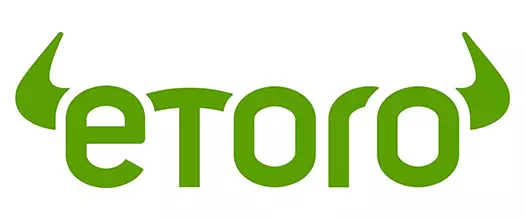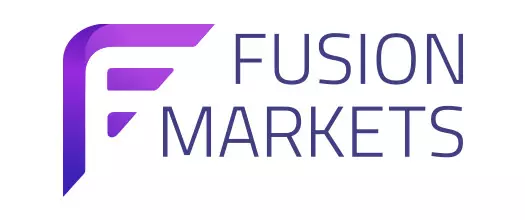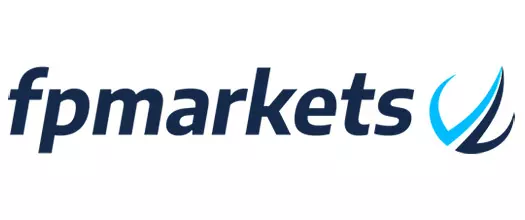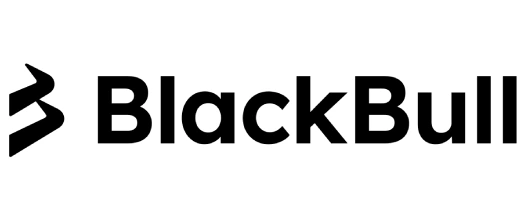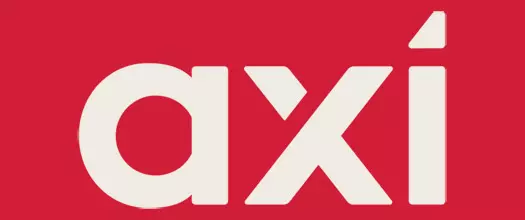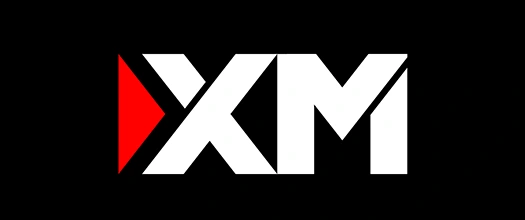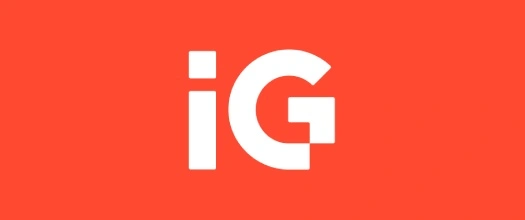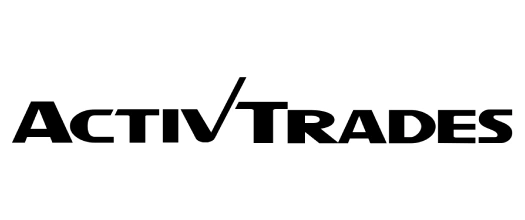- Jump to:
- Main Features
- Regulation and Security
- Demo Accounts
- User-Friendly Trading Platform
- Low Minimum Deposit Requirements
- Competitive Spreads and Fees
- Educational Resources
- Tools and Indicators
- Customer Support
- Leverage and Risk Management
- Deposit and Withdrawal Methods
- Reputation and Reviews
- Common Pitfalls to Avoid
- Final Thoughts
Forex trading can be daunting for beginners, especially when they have to choose from a long list of brokers. If you manage to find the right broker, your trading journey can become much smoother. Here is a comprehensive guide to help beginners choose a suitable broker.
 Plus500 USThis content applies only to Plus500 US and clients from the United States. Trading futures involves the risk of loss.
Plus500 USThis content applies only to Plus500 US and clients from the United States. Trading futures involves the risk of loss. eToro50% of retail investor accounts lose money
eToro50% of retail investor accounts lose money Fusion Markets74-89% of retail's CFD accounts lose money
Fusion Markets74-89% of retail's CFD accounts lose money FP Markets73.85% of retail investor accounts lose money
FP Markets73.85% of retail investor accounts lose money BlackBull MarketsTrading leveraged products is risky
BlackBull MarketsTrading leveraged products is risky Pepperstone72.9% of retail investor accounts lose money
Pepperstone72.9% of retail investor accounts lose money AxiThe vast majority of retail client accounts lose money
AxiThe vast majority of retail client accounts lose money XM Group72.82% of retail investor accounts lose money
XM Group72.82% of retail investor accounts lose money IG67% of retail client accounts lose money when trading CFDs with this investment provider.
IG67% of retail client accounts lose money when trading CFDs with this investment provider. ActivTrades72% of retail investor accounts lose money
ActivTrades72% of retail investor accounts lose money
Below, you will find a comparison table of the best Forex brokers for beginners. We rank them based on several factors, including regulation, spreads and commissions, Trustpilot rating, trading instruments, trading platforms, and deposit and withdrawal methods.
Our team has thoroughly evaluated all brokers listed below using TradingPedia’s exclusive methodology.
Main Features of the Best Forex Brokers for Beginners
- Brand
- Trading platforms
- Minimum deposit
- Regulations
- Trading instruments
- Spreads
- Leverage for Forex CFDs
- Leverage for Crypto CFDs
- Leverage for Indices CFDs
- Deposit methods
- Withdrawal Methods
- Commission per Lot
- Contact details
Regulation and Security
When you enter the Forex market, you face not only trading risks but also non-trading risks. These include broker manipulation, security breaches, and identity theft. Therefore, your first preference should be to find a broker that is highly regulated. Some of the major regulatory bodies are:
Demo Accounts
As a beginner trader, you need a lot of practice to acquire the necessary skills. That is why you need a demo account that does not expire. Most brokers provide demo accounts; however, many of them expire after one month. Look for one that lasts longer, as you need to maintain a record to track your performance.
User-Friendly Trading Platform
Some platforms are too complex for beginners to handle, so you should look for a broker that offers several platforms. This gives you the chance to choose the one you prefer. MetaTrader and cTrader are both popular with beginners.
Low Minimum Deposit Requirements
Beginner traders may not have a substantial amount with which to start trading, so you should look for a broker that accepts low minimum deposits. For example, some brokers let you start with as little as $10. In addition, some brokers offer a no-deposit bonus, while others offer a 30% or higher bonus on your first deposit.
Competitive Spreads and Fees
Because your priority is to minimize risk and safeguard your investment, you have to be cost-conscious. Always compare spreads, commissions, and other fees before choosing a broker. Some brokers offer low spreads but charge additional fees that add to costs, reducing profitability. Also, read the terms and conditions, as some brokers may have hidden fees that many traders are unaware of.
Educational Resources
Wouldn’t it be great if your broker provided quality resources to help you learn to trade? Many brokers value their clients and offer free educational resources for both beginner and advanced levels. It is advantageous for beginners to learn and trade in one place.
Some brokers even host regular webinars, allowing you to interact with a mentor, ask questions, and learn alongside other traders.
Tools and Indicators
Some brokers place a high value on their clients. They provide free access to premium tools and indicators so that traders can improve their analytical skills and increase the probability of successful trades. Such tools include TradeCentral key levels, the Autochartist indicator for pattern recognition, and various trading signals.
Customer Support
Responsive customer support can save you a great deal of frustration, so always choose a broker that offers quick assistance through multiple channels. Some brokers rely on automated support with automatic replies and chatbots, while others provide multilingual support via email, social media, live chat, and support tickets.
Leverage and Risk Management
Leverage is a double-edged sword. It can increase your profitability, but it can also increase your risk. Thus, you need a broker that offers reasonable leverage, such as 1:30. This ratio allows you to keep a healthy margin while amplifying your trading experience.
In addition to leverage, you should pay attention to risk management. Look at the broker’s stop-out and margin call levels. Also check for restrictions such as the minimum distance required for stop-loss and stop orders.
Deposit and Withdrawal Methods
Deposit and withdrawal methods are especially important for novice traders. Available methods may vary depending on regulation. Because beginners often start with a small amount, the chosen method should be inexpensive, with low or no fees. For that purpose, e-wallets such as Skrill and Neteller are suitable. Nowadays, cryptocurrencies are also popular because they are quick, secure, and anonymous. Bank transfers and debit/credit cards tend to be more expensive.
Also consider the broker’s processing time. Although most methods are instantaneous, brokers may take longer if they have many requests.
Reputation and Reviews
It takes years for a broker to build a reputation, and only one bad incident to ruin it. Good brokers are keen to maintain their status and go the extra mile to keep their clients satisfied. Popular forums like Trustpilot, SiteJabber, and other Forex forums can help you learn about other traders’ experiences with a broker.
The most important aspect of these reviews is to find out whether a broker delays or denies withdrawal requests. Good brokers process withdrawals promptly and never look for excuses to deny traders their legitimate profits.
Common Pitfalls to Avoid
No Regulation
If a broker is not regulated, you should not sign up regardless of the attractive features it claims to offer. Regulation is the only safeguard for your rights.
High Leverage
Some brokers offer excessively high leverage, such as 1:2,000, or even advertise ‘unlimited leverage’. Regulatory bodies do not permit such levels because higher leverage poses a very high risk to traders.
Unrealistic Bonuses
Some brokers offer a 100% deposit bonus or even more. Such bonuses usually come with numerous conditions that can trap you into incurring losses. Do not fall victim to these promotions.
Final Thoughts
Choosing the right broker is critical. Make an informed decision by focusing on regulation, security, payment methods, customer support, and the broker’s reputation. Many aspects of trading become easier when you trade with a reputable broker.

